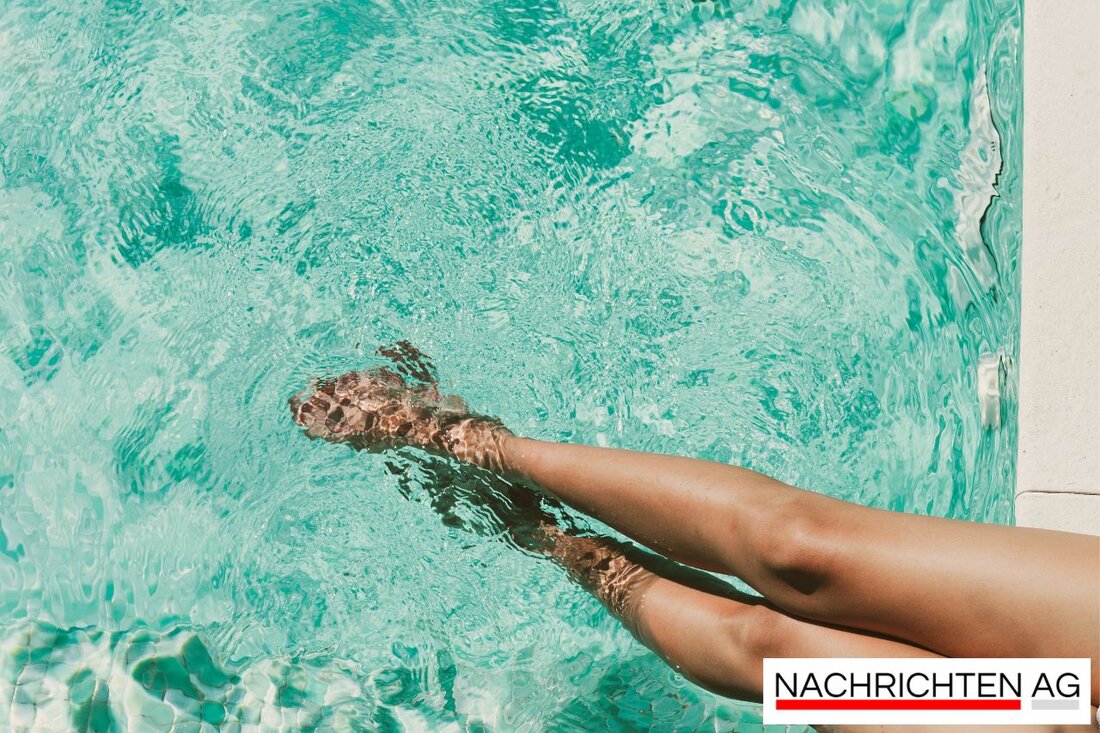Swimming ban at Weitmansee lifted – safety for swimmers guaranteed!
On July 3, 2025, the swimming ban on Lake Weitman was lifted. The health department warns of blue-green algae in the Derching bathing lake.

Swimming ban at Weitmansee lifted – safety for swimmers guaranteed!
Finally good news for all bathing enthusiasts in the region: The bathing ban for the Weitmannsee in Kissing has been lifted! On Tuesday, the bathing lakes in Oberach and Derching had to undergo extensive water testing, the results of which were published today by the health department. Weitmannsee passed the test - no bacteriological complaints were found, which not only saves the outdoor swimming season, but also calms the minds of local residents. The all-clear has also been given in the bathing lake in Oberach (Rehling), where blue-green algae contamination has no longer been detected, as lra-aic-fdb.de reports.
But despite all the celebration, one should not lose sight of the fact that the blue-green algae species Tychonema has been detected in the bathing lake in Derching. Despite the inspection, the health department still advises against swimming in this body of water - especially with small children and dogs. Water sports enthusiasts, on the other hand, can rest assured as the bacteria detected do not pose any danger to them.
What are blue-green algae?
Blue-green algae, which are actually cyanobacteria, are not uncommon in German swimming lakes, especially when the weather is as hot as it has been in recent weeks. As apotheken-umschau.de explains, these microorganisms are one of the oldest life forms and contribute to the creation of an oxygen-containing atmosphere. In stress-free waters, they prefer to reproduce at high temperatures and when there is no wind, as indicated by the characteristic blue-greenish discoloration in the water.
But be careful! At high concentrations they can pose health risks. Skin damage, respiratory irritation or gastrointestinal complaints are just some of the symptoms that can occur, especially in children or people with weakened immune systems. The toxins are also dangerous for dogs. After a swim in suspected water, owners should ensure that their four-legged friends do not drink.
How can you protect yourself?
It is important to take the warnings about blue-green algae seriously, as br.de emphasizes. The symptoms should not be underestimated: nausea, vomiting or even paralysis could occur in extreme cases. Best advice? After contact with blue-green water, shower thoroughly! You should also approach your bathing time calmly and not just jump into the water to avoid swirling up sediments.
However, there is hope: blue-green algae blooms usually do not last. They often seem to disappear with cooler weather and rain. We owe these unpleasant phenomena to the increase in water temperatures and the excess of nutrients, which is often caused by fertilizers. A rethink in agriculture can help limit the growth conditions for these microbes.
For anyone who enjoys being near the water, it is essential to keep an eye on regional news to stay informed about water quality. So nothing stands in the way of a sparkling summer day in Weitmannsee - as long as you take the warnings seriously and pay attention to your health!

 Suche
Suche
 Mein Konto
Mein Konto